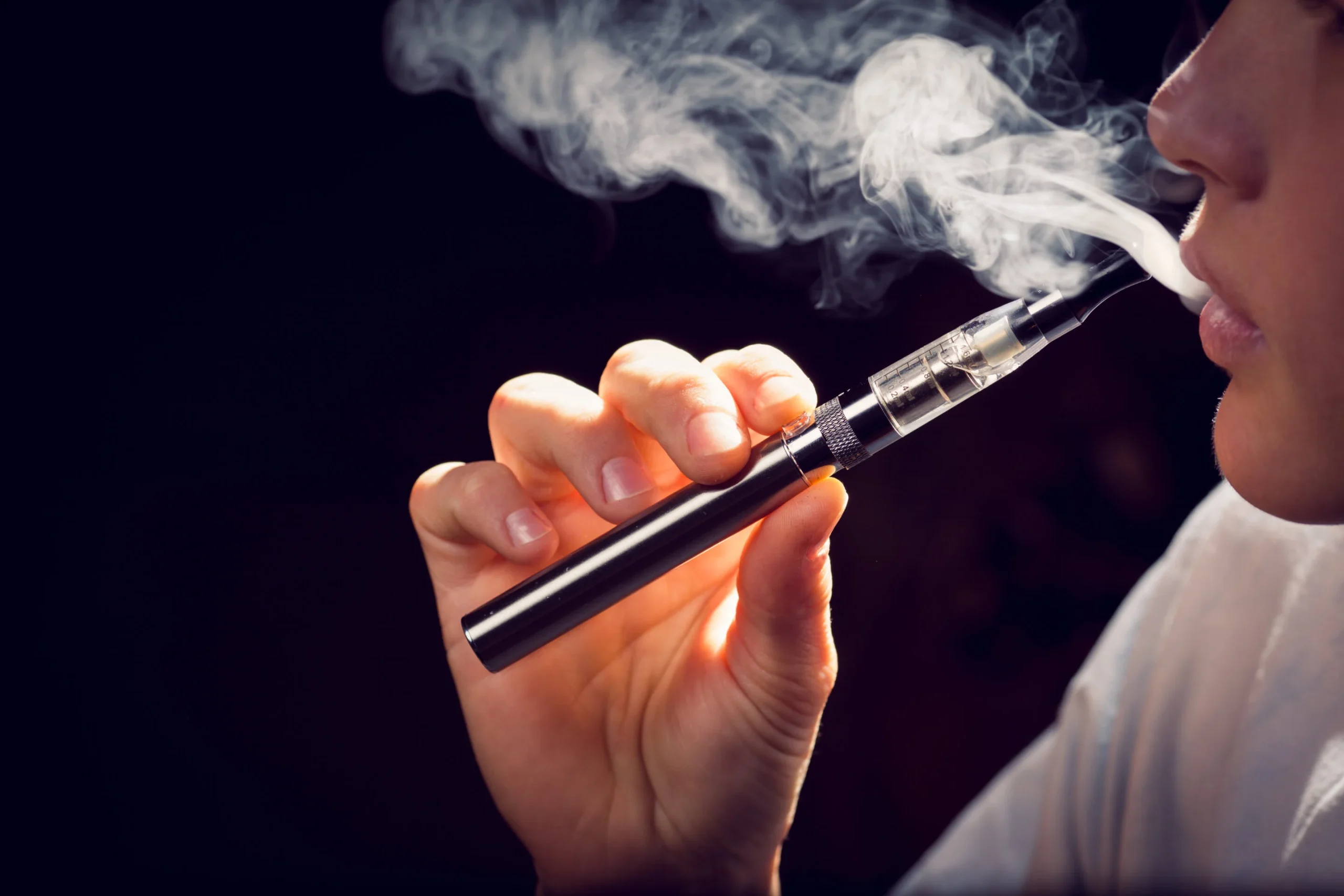WEB DESK, July 3(ABC): Disposable e-cigarettes and refillable vaping liquids sold in the United States may contain unsafe levels of synthetic cooling agents like menthol, a study suggests.
Concerns over the potential for these cooling agents to mask harsh flavors and make smoking more addictive prompted the U.S. Food and Drug Administration (FDA) to propose a ban on menthol in traditional cigarettes and cigars in April. Even though menthol and similar cooling agents are also used in e-cigarettes, vaping products weren’t covered by the proposed ban.
In a new study, scientists searched online for refillable vaping liquids marketed as containing WS-3 or WS-23, two types of synthetic cooling agents, or with flavors like “koolada,” “kool,” or “ice.” Researchers said that they focused on products sold by Puff Bar because it’s currently the most popular e-cigarette brand in the United States and because its disposable products aren’t covered by a 2020 FDA ban on many types of flavored e-cigarettes.
Scientists purchased a variety of these Puff Bar products, then ran lab tests to calculate the so-called margin of exposure (MOE) for synthetic cooling agents. Ideally, products should have a MOE of at least 100, indicating that synthetic cooling agent levels are at least 100 times lower than levels proven to cause organ damage in animal studies, according to preliminary results of the new study, which were presented at the American Thoracic Society conference in May.
“When the MOE is below 100, regulators such as the FDA or World Health Organization should review the safety of the product and advise manufacturers about steps to make the product safe to use,” Sven Jordt, PhD, senior study author and an associate professor of pharmacology and cancer biology at Duke University School of Medicine in Durham, North Carolina, said in a statement.
All but one of the 25 e-liquids tested contained the synthetic cooling agent WS-3. And all but one of the 14 disposable Puff Bar flavors tested contained WS-23. Five disposable Puff Bar flavors also tested positive for WS-3, including some fruit and candy flavors that users might not expect to contain cooling agents.
When researchers ran tests modeling user exposure to synthetic coolants based on typical daily vaping habits, they found MOEs were almost always below 100, indicating potential health risks, researchers reported.
“Our measurements and calculations demonstrate that e-cigarette users inhale WS-3 and WS-23 at levels higher than those considered safe by WHO, with the potential to cause organ toxicity,” said Dr. Jordt.

